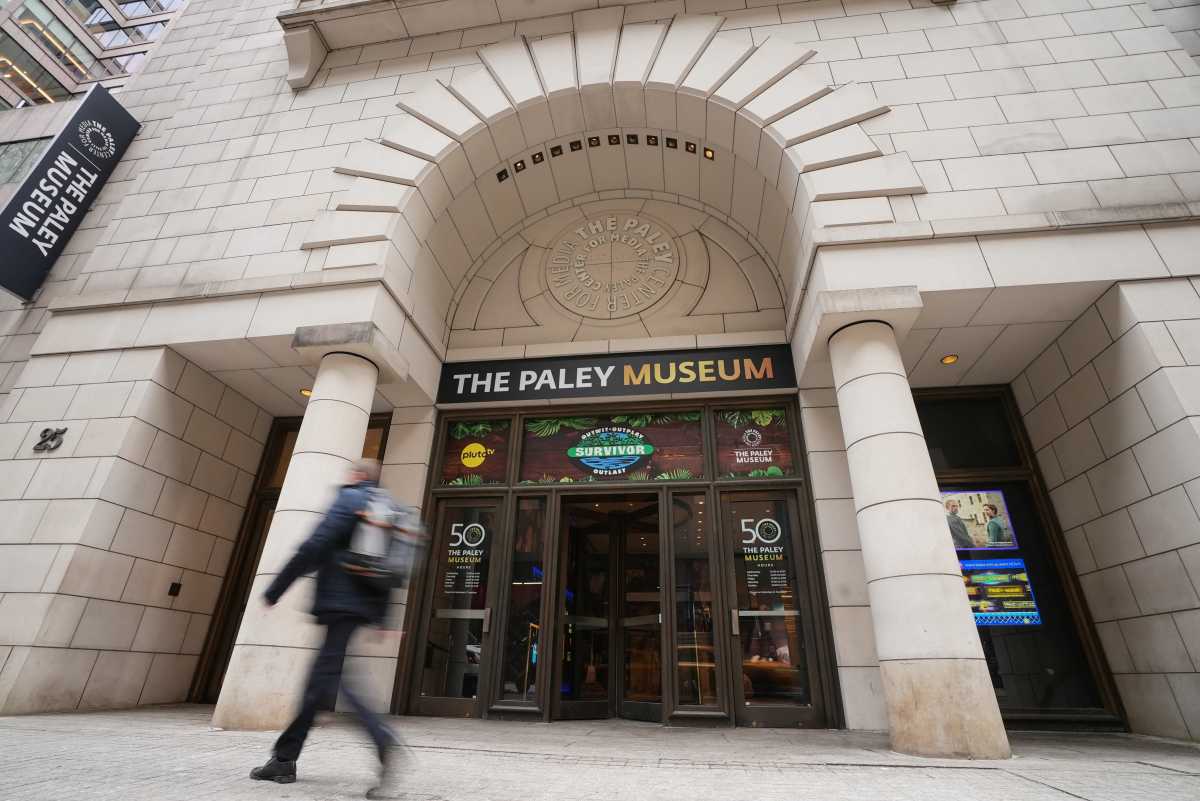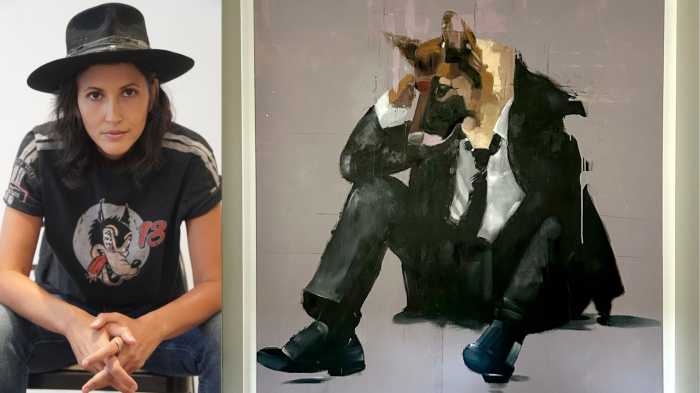Fiction — much like life — is full of those freighted moments where everything changes. Maybe you didn’t know it at the time, but in retrospect the decision to return a phone call or have that last drink or say hello made all the difference, for better or worse.
The fallible and frequently misguided characters in “We All Love the Beautiful Girls,” the second novel from Canadian author Joanne Proulx (“Anthem of a Reluctant Prophet”), spend a lot of time questioning their past actions. Largely because they — particularly the men — do lots of things that deserve questioning.
The story chronicles a year in the life of the Slates — Michael, Mia and Finn — a prosperous Canadian family.
One night in late February, Michael learns that his lifelong friend and business partner has shoved him out of their company. Meanwhile, 17-year-old Finn lets jealousy and lust get the better of him at a booze-fueled party.
Proulx’s novel covers a lot of territory, with several twists and turns, and it is tempting to wish she didn’t try to say quite so much about so many things. Mostly she keeps the balls in the air, but some storylines can feel overdone, especially the misguided machismo from nearly every male character, with Michael being the worst offender. That is not to say it is unrealistic, just tiring — which may be the point.
The story excels in its depiction of women, from Mia struggling to find her identity in the midst of tragedy, to the Slate’s babysitter, Jess, who wants to escape the fate of her Indonesian-immigrant mother, to Finn’s friend Frankie who ends up a casualty of the repeated selfish decisions of the men surrounding her. The scenes between Mia and Frankie are the best of the book and offer a glimmer of hope in an otherwise bleak moral landscape.





































